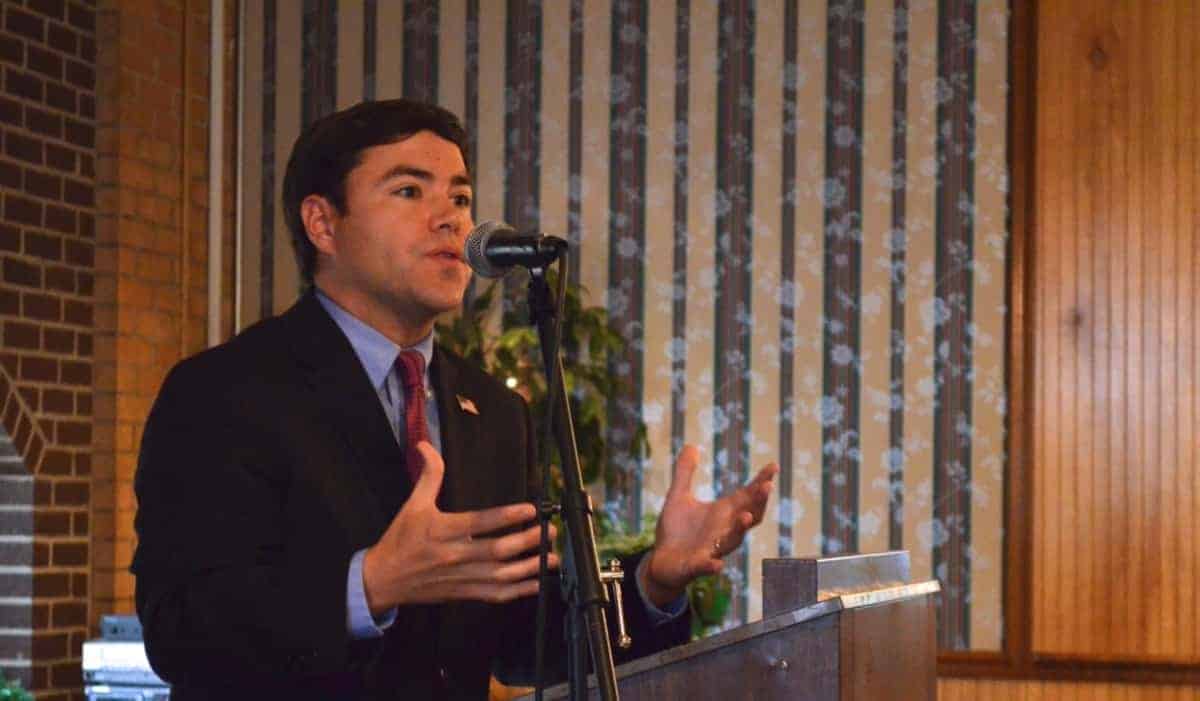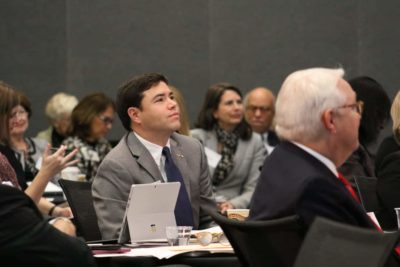Our students need to be able to read proficiently by the end of third grade. If they can’t by then, they will likely always be working to catch up in school instead of excelling. Sounds obvious, right? Unfortunately, most of our young learners in North Carolina are not reading on grade level. This not only affects their future, but also the future of our state. If we aren’t preparing all students for success, North Carolina won’t fulfill its vast economic potential. As state superintendent and a father of a five-year-old about to enter kindergarten, I want you to know what we are doing and where we need to do more.
Teachers in kindergarten through third grade are working harder than ever to help their students reach proficiency before the critical threshold. Our youngest students, though, too often start school at different levels often depending on their backgrounds. And, much of their progress during a school year can be lost over the summer if they do not practice reading at home. Recent results show educators are increasing the number of students reading at grade level, but this challenge is too daunting for teachers and principals to handle alone. As your leaders in Raleigh, we must support them.
Recently, the General Assembly dedicated $3.5 million to provide books to preschoolers for free to encourage literacy practice before kindergarten, and, as you may have read, legislators have supported more pre-K and smaller class sizes in the K-3 years to enhance literacy support for our youngest scholars.
In 2012, the General Assembly passed the Read to Achieve initiative, which provides funds – an additional $66 million in 2017-2018 alone – focused on early childhood literacy. Through this investment, schools obtained new reading tools and resources, and school districts now provide free summer camps for students who need extra literacy support. Unbelievably, though, not all the Read to Achieve funds meant to support our students and classrooms made it out of Raleigh.
That is where my team in the office of the Superintendent of Public Instruction came in. I campaigned on a platform that the state education agency must better support teachers in the classroom. After all, that is where student learning actually occurs in school. Last year, my team and I discovered that millions of dollars from Read to Achieve meant to support our youngest readers got stuck in the Raleigh bureaucracy instead of going to classrooms.
Over the next few months, we will be sharing how this money will now be utilized to support teachers and our young readers across the entire state. First, before the end of this school year, we will provide schools $200 for every K-3 reading teacher to purchase reading supplies, books for their classrooms, or books to give to students to take home over the summer. We want these resources to help dedicated teachers with their important work.
More support for teachers will follow, but this challenge is too daunting for teachers and elected leaders in Raleigh to handle alone. As North Carolinians, we all should play a part in shaping young readers. We need the help of parents, caretakers, and volunteers.
Many parents mistakenly, yet understandably, assume their child is ready for school or for the next grade. Parents, be empowered with the knowledge that you can help your students by reading with them just 20 minutes a day. You will improve their ability to succeed in school and in life.
I practice what I preach with my own daughter. My wife and I work with her so that she can recognize her letters and numbers, hold a pencil, and know how to act in class for her teacher. Visit the NC Reads website at www.read.nc.gov to learn more about how you can help your child or volunteer to help a student in your community.
Teachers, leaders, parents, and volunteers are working hard. Together, we can all play a role in creating a generation of strong readers.



